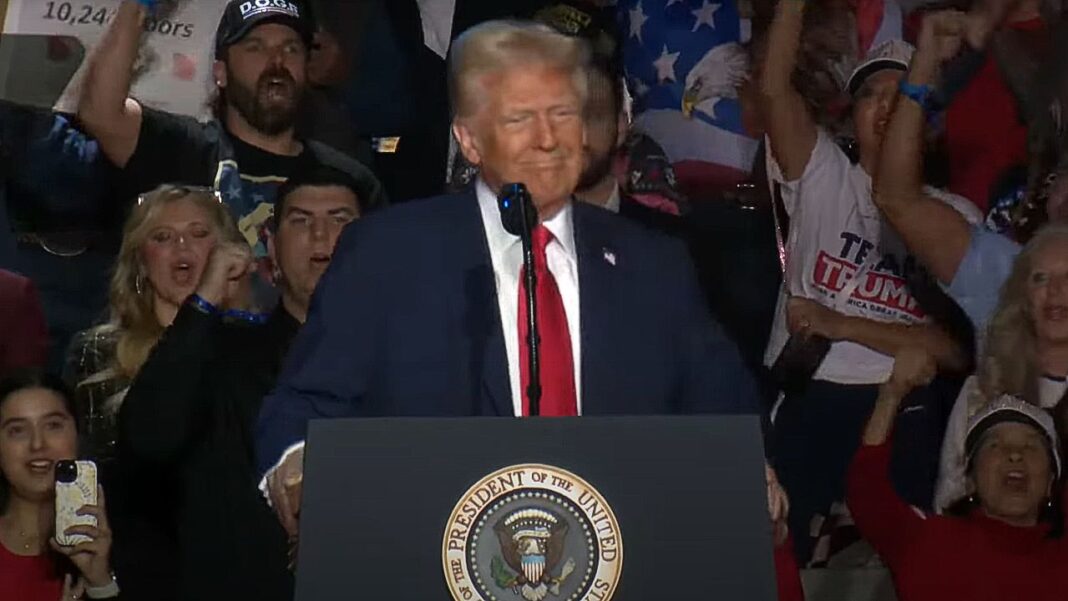Trump says he wants NATO countries to spend 5 percent of GDP on defense, which analysts say is ‘unrealistic’ for many European nations.
Mark Rutte, secretary general of the North Atlantic Treaty Organization (NATO), said this week that U.S. President Donald Trump is right to request members of the alliance spend at least 5 percent of their gross domestic product (GDP) on defense.
“If Ukraine loses, then to restore the deterrence of the rest of NATO again, it will be a much, much higher price than what we are contemplating at this moment in terms of ramping up our spending and ramping up our industrial production,” Rutte said at a side event at the World Economic Forum in Davos on Jan. 23.
“It will not be billions extra, it will be trillions extra,” he said.
Earlier on Jan. 23, Trump addressed World Economic Forum attendees by video link.
“I’m also going to ask all NATO nations to increase defense spending to 5 percent of GDP, which is what it should have been years ago—it was only at 2 percent, and most nations didn’t pay until I came along, I insisted that they pay, and they did,” he said.
In 2014, NATO set a target for all members to spend at least 2 percent of their GDP on their militaries by 2024. However, Russia’s invasion of Ukraine in February 2022 increased spending pressure on the alliance.
According to provisional NATO estimates for 2024, published in June 2024, 23 of the 31 NATO members had hit the 2 percent target.
But analysts say meeting a 5 percent target could cause huge political problems for many European nations, especially those who do not see Russia as an “existential threat.”
Tim Ripley, a defense analyst and author of “Little Green Men: The Inside Story of Russia’s New Military Power,” told The Epoch Times that big increases in defense spending will be very unpopular in most European countries because it can only be funded by tax increases, cuts in services, or more borrowing.
“If you borrow the money, that will quadruple everybody’s interest rates. So everyone will pay for it that way, or you put taxes up to pay for it as well. So it’s a massively unpopular thing to do that across Europe,” he added.







